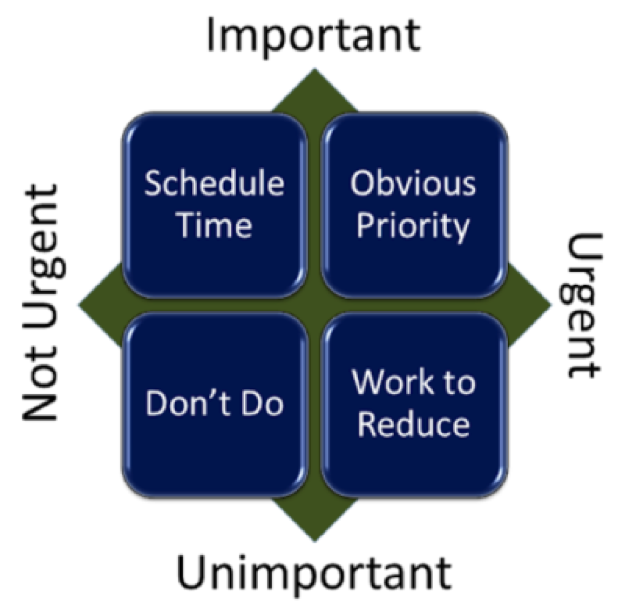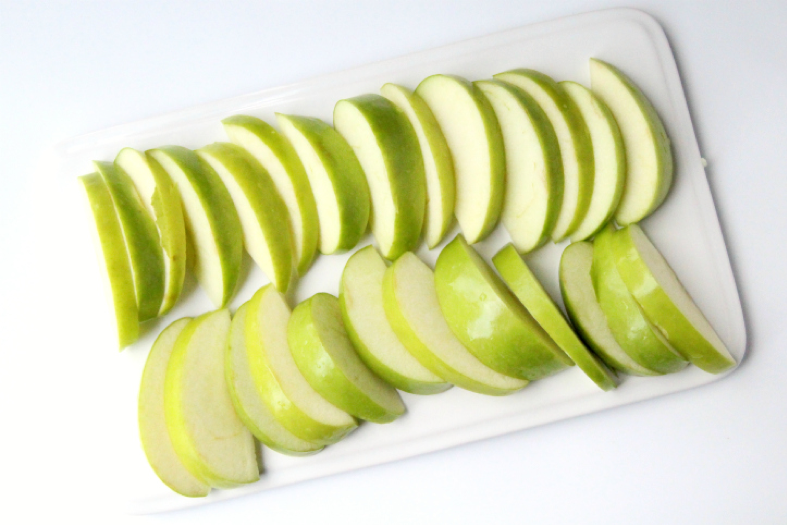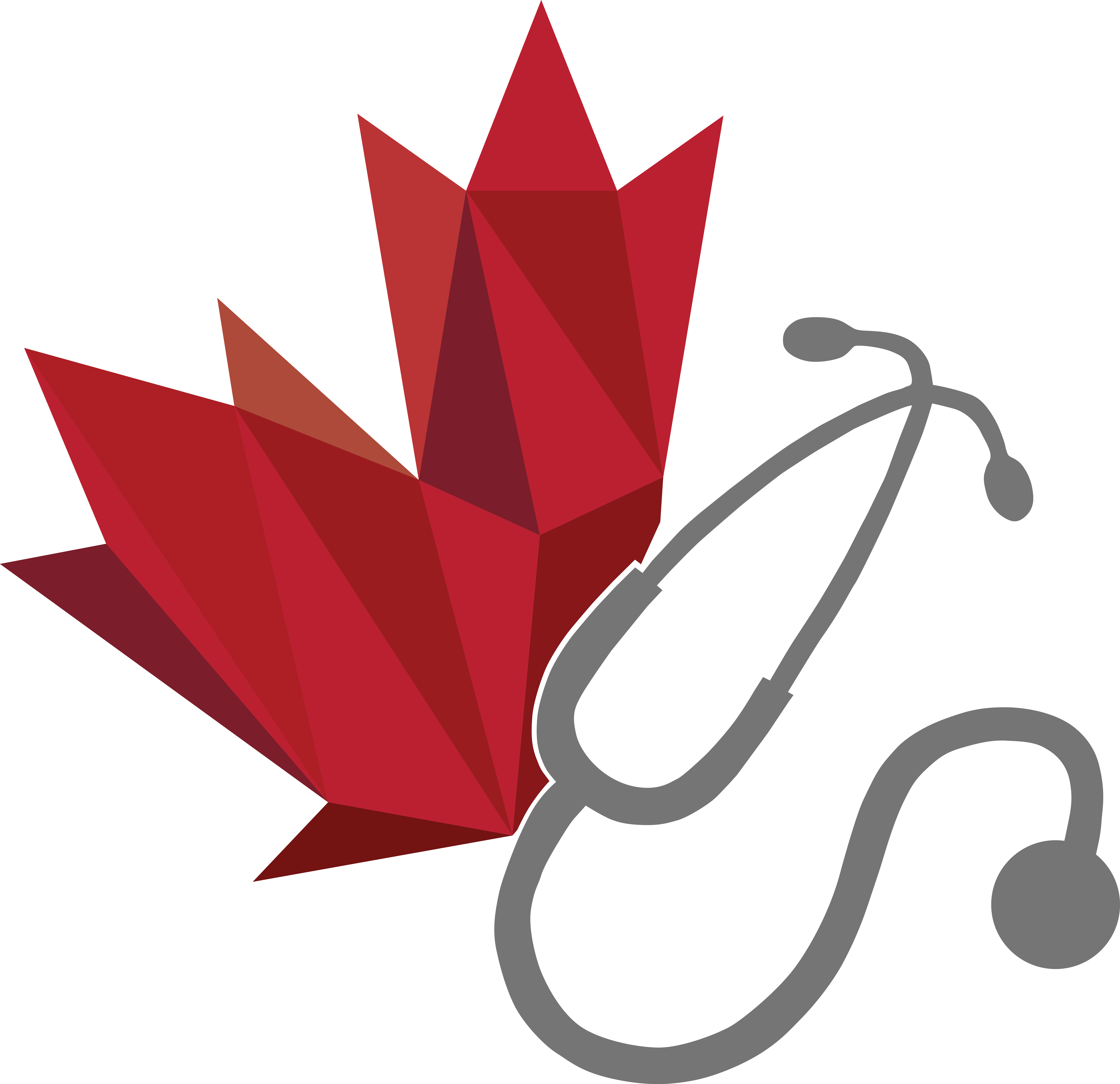Quick Tips
Self-Care: Learning to Say No:

Saying “no” is something that a lot of us struggle with. It can unfortunately lead to a lot of anxiety and over-commitment, contributing to exhaustion and burnout. Here are some tips on how to say “no.”
- Be firm with your response and don’t over explain. If you are having difficulty explaining why, say phrases such as, “I’m sorry, it is not a convenient time for me,” or “I’m sorry, but I cannot help this time.” The more you try to explain, the more anxious it can make you and the more likely you are to accidentally lie.
- If you are unsure, buy yourself some time. Use phrases such as, “I’m not sure right now, but I will get back to you.” This may give you more time to think about your response and allow you to more confidently say “no.”
- If you want to say “yes” but do not have the time, try to compromise. Be firm with this one too though, because compromising may lead to taking on more than you can handle and essentially turn into a “yes.”
- Don’t make it personal. Ensure them that you are not rejecting them as a person and remember that it is your right to say “no.” Usually people will understand.
- Think to yourself, “Will this add value to my day?” If the answer to that question is “no,” consider whether or not you should commit to it. It is important to be true to yourself and what you really want from life.
Mental Health
- Find a form of physical activity that you enjoy -- it is so much easier to maintain a healthy lifestyle when you aren’t forcing yourself to do things that you don’t love!
- Take small steps to making every day more active -- choose to take the stairs, choose the parking spot that’s further away from the door, use manual tools instead of automatic ones in the kitchen, etc!
- Find a partner that’s interested in similar activities. Exercising with a partner can increase motivation, accountability, and enjoyment!
- Incorporate warm ups at the beginning of every workout and stretching at the end to reduce the risk of injury!
- Getting some fresh air and enjoying the sunlight is definitely good for your health for many reasons, but don’t forget about sun protection too!
- Take advantage of free trials at the gyms or exercise locations around your city. Most places will offer you at least a few days free to get an idea of if you like what they have to offer and if it fits with your goals!
- Encourage your sports/wellness reps to set up a Gym Crawl at your school (like a pub crawl, but you go to local gyms for quick exercise classes instead). It is a great way to explore new exercise options and have some fun with your classmates!
- For all you busy bodies out there, try to incorporate mini workouts during your day. For instance, instead of taking the elevator, start taking the stairs! If you drive or take the shuttle to work, try biking. You will still manage to get a decent workout through those busy days!
- A good diet helps keeps your physical health in shape! Some quick snacking tips for you! Instead of snacking on chips, soda, and junk food. Try some healthier options such as fruits (apples, pears, mangos, kiwi) and vegetables (Celery, carrots, peppers) without dip though!
- People often underestimate how good sleep is for the body! I understand that as med students it’s hard to get a good amount of sleep, especially when you’re on call! Sleep allows your body to rest and recharge. A deficit of sleep not only impacts physical health but mental and emotional health too! Be sure to nap whenever you can and to try and get at least 7 hours of a good night’s rest!
- Being physically healthy includes having a well-rested and sharp mind that’s clean from any negativity! Take 5-10 minutes before you go to sleep to meditate and be mindful! This can decrease anxiety, improve thinking and emotions, and a lot more!

Mental Health
- Make sure you get a good quality sleep by minimizing the background noise and light in your bedroom: sleeping mask and ear plugs can be useful (especially on call!).
- Sometimes one negative outcome in the end of a day can diminish all the great things that happened earlier. Try a daily gratitude exercise to enhance to sense of accomplishment and positive emotions!
- Next time you are feeling down, try talking to yourself the way that you would talk to a friend. We are frequently more harsh to ourselves than we are to others. Never forget to show yourself the same kindness you would show other people!
- When you feel overwhelmed, stop and take time for yourself to decompress. Whether that means taking a walk, taking some deep breaths, or venting to a friend. Always have a self-care arsenal ready to go!
- You don’t have to set yourself on fire to keep others warm. Don’t be afraid to say no when you need to. Practice self-care!
- Balancing medical school and personal life might be overwhelming at times. Setting priorities and goals could be a helpful way to relieve the stress and tackle things one at a time.

Nutrition
- Remember to stay hydrated throughout the day and especially when on call. Use a hydration reminder app or create your own routine with some water breaks.
- Keep some nuts, protein bars or multigrain crackers in your bag or pockets while on clinical rotations.
- To make a fun salad even healthier sprinkle some hemp hearts to add some omega 3 fatty acids to your meal!
- No time to make a salad in the morning? Grab some baby carrots and sliced green apples instead.
- Try to avoid sugary snacks offered in the hospital stores while on clinical rotations. Buy healthy snacks in bulk and have some on you every day so you are not stuck with what's available in those stores.
- Try meal planning! Make a few big dishes and mix them up for your lunches over the week.






